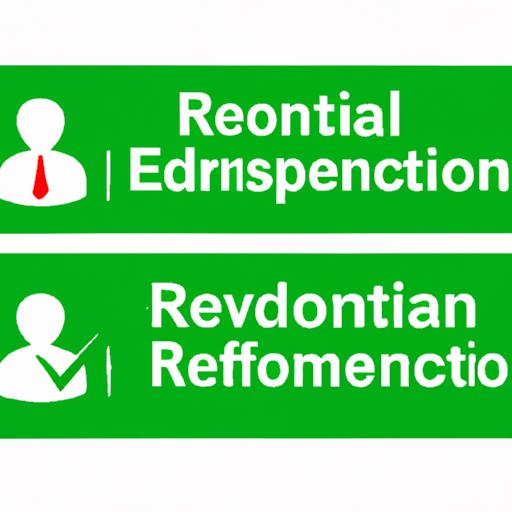In a bold move that is sending shockwaves through the financial industry, Norway has made the decision to say ‘nei’ to private equity investments. This unprecedented decision has sparked a debate among investors and policymakers alike, casting a spotlight on the role of private equity in the country’s economy. Let’s explore the reasons behind Norway’s rejection of this traditional investment model and the potential implications it may have for the future of the nation’s financial landscape.
Norway’s Stance on Private Equity Investments
In a bold move, Norway has firmly stood against the tide of private equity investments, sending shockwaves through the financial world. This Scandinavian country, known for its progressive policies and commitment to social welfare, has decided to prioritize long-term stability and sustainable growth over potentially risky private equity ventures.
**While many countries view private equity as a lucrative opportunity, Norway has taken a different approach, citing concerns about short-term profit maximization and lack of transparency. Instead, Norwegian authorities are focusing on nurturing homegrown businesses and fostering a more resilient economy through public investment initiatives. This decision reflects Norway’s dedication to ethical business practices and sustainable development for future generations.**

Implications for the Financial Industry
Norway’s recent decision to restrict private equity investments in their financial sector is sending shockwaves through the industry. The move has significant implications for both domestic and international investors, as well as for the country’s economy as a whole.
With private equity firms facing new limitations on their operations in Norway, this could lead to a shift in investment strategies within the financial industry. Investors may now need to consider alternative markets or sectors for their capital, while Norwegian financial institutions may need to adapt their business models to comply with the new regulations. Overall, this decision has the potential to reshape the landscape of the financial industry in Norway and beyond.

Benefits of Norway’s Decision
Norway’s decision to reject private equity investments is a bold move that comes with several benefits for the country. First and foremost, by keeping control over its assets, Norway can ensure that its wealth is being managed in a sustainable and responsible manner. This decision aligns with Norway’s values of environmental sustainability and social responsibility, allowing them to continue investing in projects that have a positive impact on society.
Furthermore, by relying on their own expertise and resources rather than turning to private equity firms, Norway can avoid high management fees and potential conflicts of interest. This enables them to maximize their returns and make strategic investments that support their long-term financial goals. Overall, Norway’s decision to say ‘nei’ to private equity sets a strong example for other countries looking to prioritize ethical and sustainable investment practices.

Recommendations for Countries Considering Similar Policies
Norway’s recent decision to reject private equity is a bold move that other countries should consider following. By prioritizing long-term stability over short-term profits, Norway is setting a positive example for sustainable economic development.
In light of Norway’s stance, other countries should take note and consider the following recommendations:
- Emphasize long-term growth and stability over short-term gains.
- Invest in sustainable industries that benefit the economy and the environment.
- Focus on building a strong public sector to support economic development.
Closing Remarks
As Norway takes a firm stance against private equity, the future of the country’s investment landscape remains uncertain. With a commitment to prioritizing sustainable and long-term growth, the decision to say ‘nei’ to private equity reflects a deeper philosophical shift in the way businesses and government entities approach financial partnerships. Only time will tell what impact this decision will have on Norway’s economy and the global investment community. Stay tuned as we continue to follow this evolving story. Thank you for reading.


